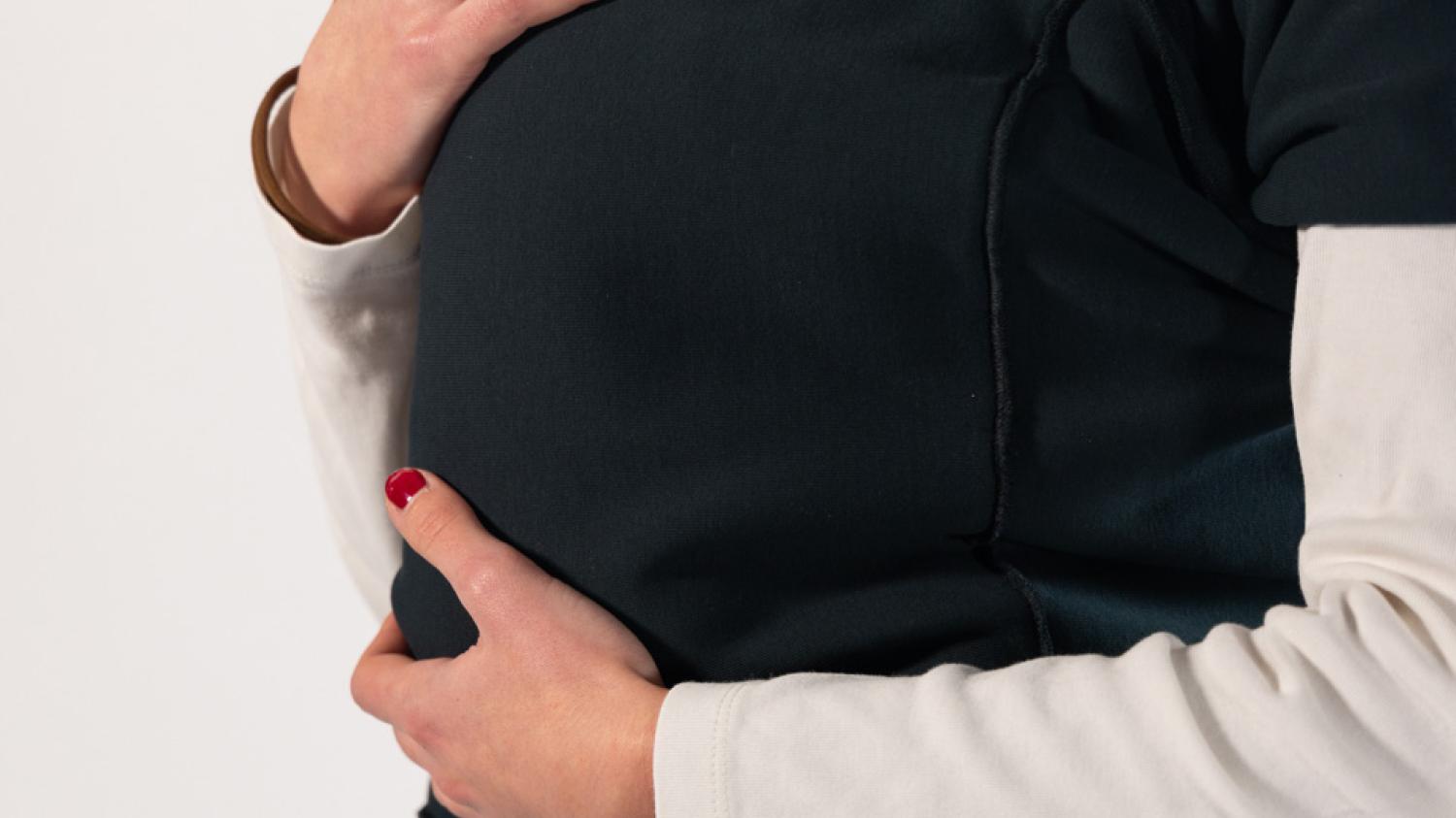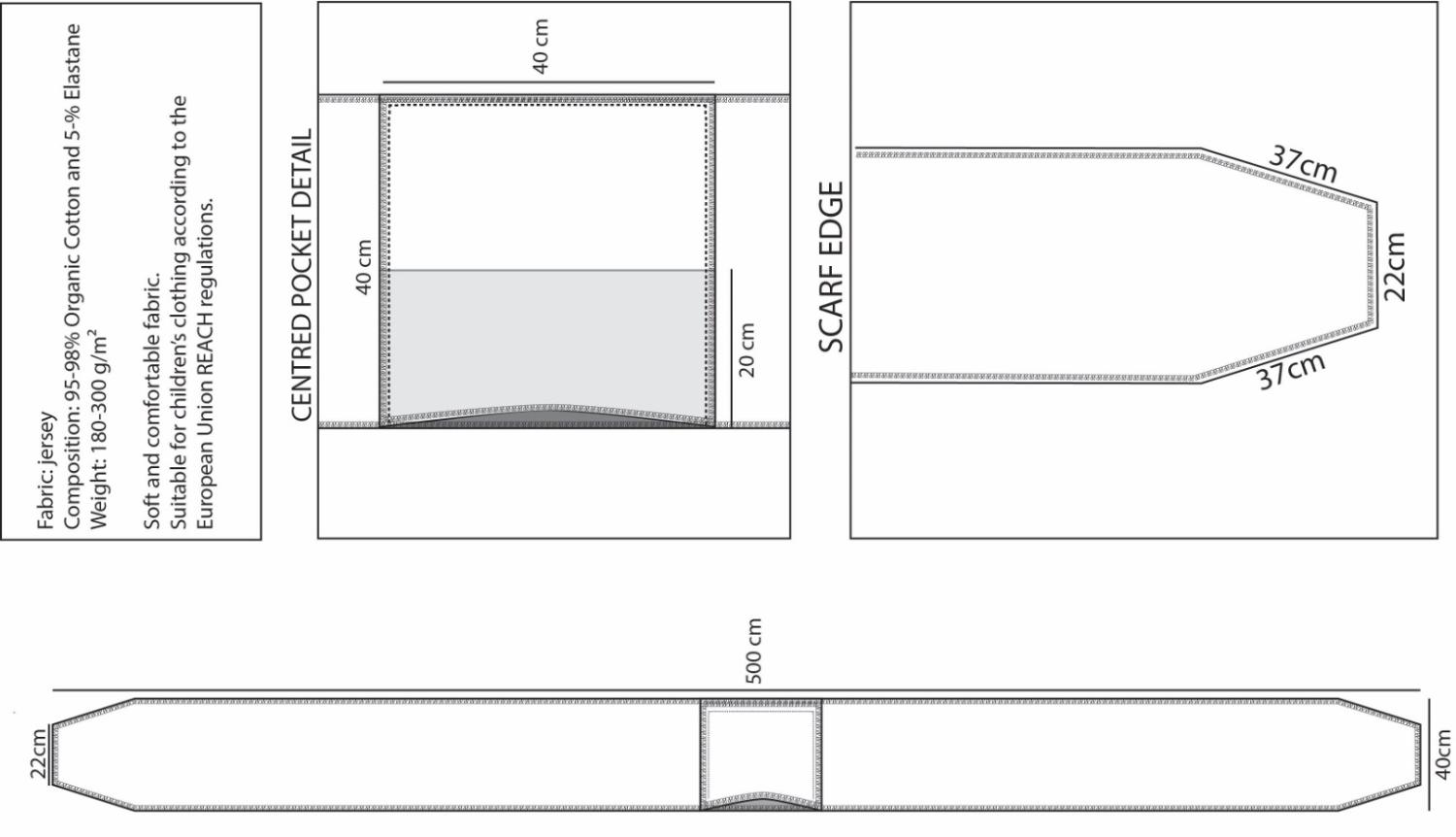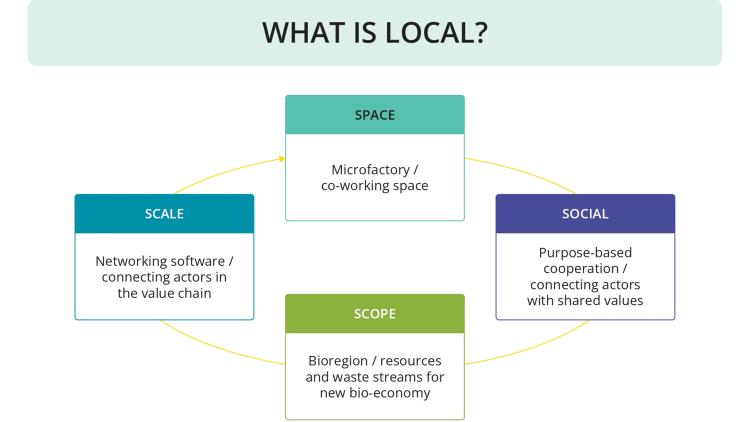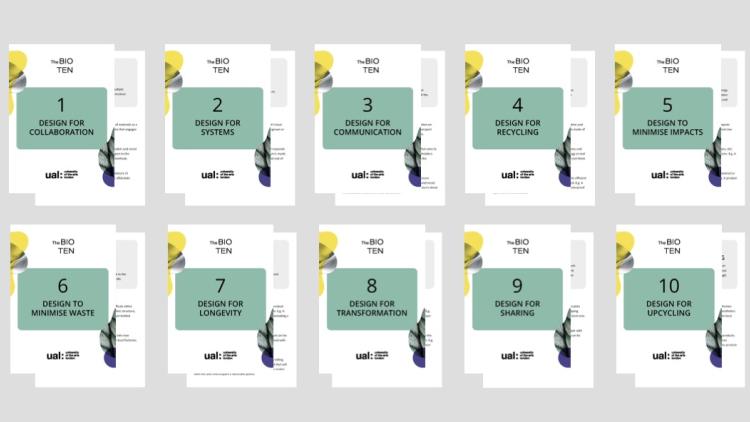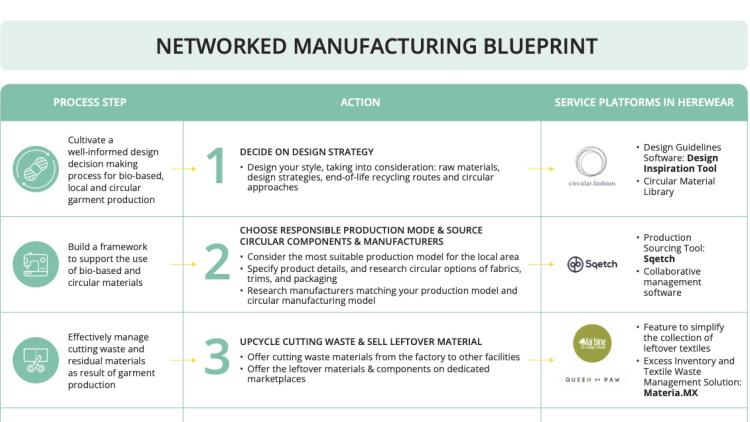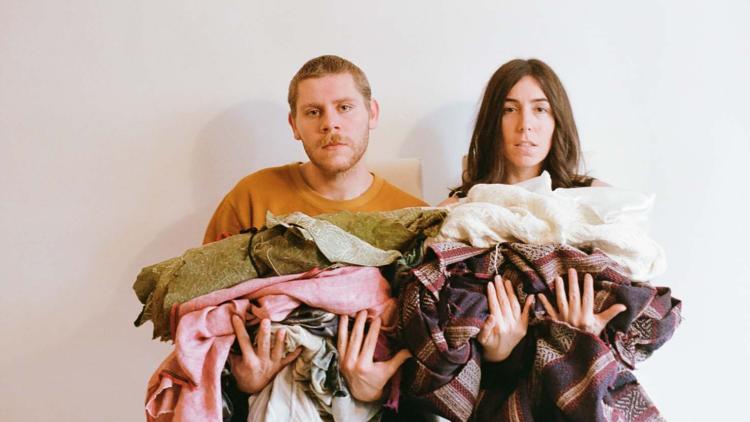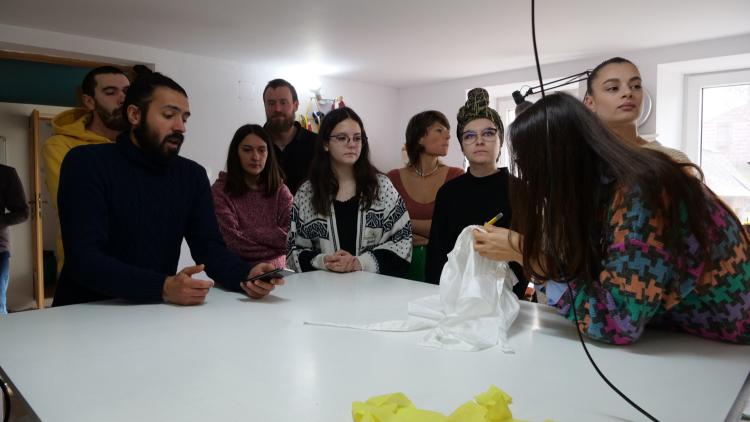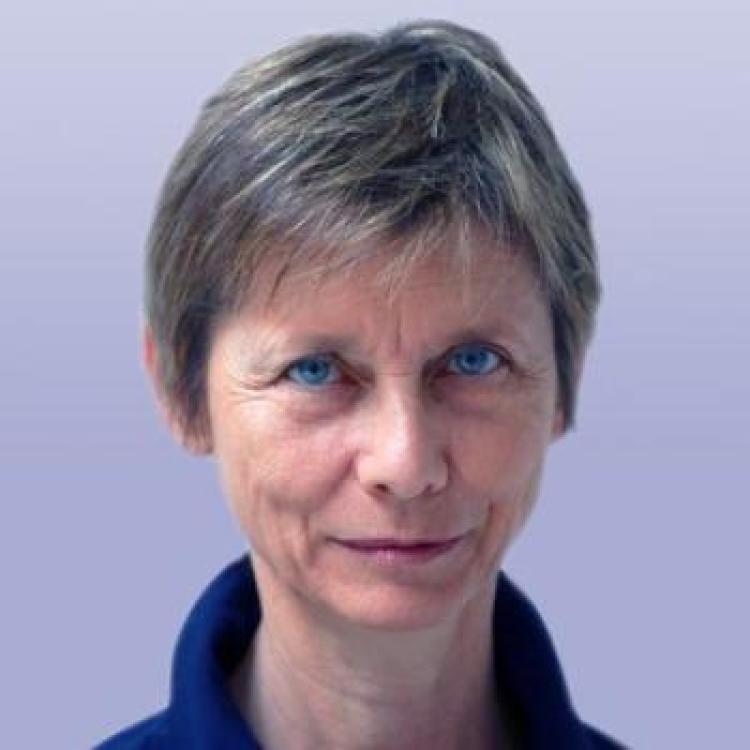Production by Social, for Social
Connecting the Sheltersuit Foundation with students at the Institut Français de la Mode (IFM), this project was to produce an inclusive baby carrier for migrant women in Paris from end-of-roll “deadstock” fabric from Berluti and Balenciaga.
The Sheltersuit case study was a demonstrator of the networked manufacturing solutions coordinated by HEREWEAR partner Sqetch. The aim was to facilitate the production of an inclusive baby carrier for migrant women in Paris by connecting the Sheltersuit Foundation with students at the Institut Français de la Mode (IFM), end-of-roll “deadstock” from Berluti and Balenciaga, and a Parisian atelier for production.
The Sheltersuit Foundation
Sheltersuit Foundation https://sheltersuit.com/ was born in the Netherlands in 2017, after founder Bas Timmer discovered that one of his friends’ father had died from hypothermia in the street. This inspired him to design a jacket that can double as a sleeping bag (hence the name Sheltersuit) and offered it to a homeless migrant. Since then, Sheltersuit has developed in its home country, the Netherlands, as well as South Africa and the United States, offering Sheltersuits and Shelterbags designed for local climates, people, and needs to provide warmth, comfort, and dignity. All products use repurposed materials wherever possible to reduce their environmental impact.
Sheltersuit Foundation and HEREWEAR
The Sheltersuit Foundation was first approached by IFM students in Paris. Following field observations and interviews with migrants, the students designed a baby carrier that aimed to help mothers easily carry their baby, avoiding stress and fatigue. As this project also provided a sustainability certificate to the students, they also worked to reduce their products’ environmental footprint as much as possible. This led them to work with pre- or post-consumer textiles and engage with a hybrid value chain including members of the HEREWEAR and TCBL communities.
The baby carrier roadmap
As shown below, the design made by Sheltersuit and IFM designers answers the main requirement of ease of use for migrant women. Product development went through numerous steps involving the HEREWEAR Community: advice on materials from HEREWEAR partner Sqetch; sourcing end-of-roll deadstock by Berluti and Balenciaga through IFM and the Kering Group; and cut-and-sew for the first 100 prototypes in a local Parisian atelier. The prototypes were presented at the French Senate in March 2024, and the first series of 100 baby carriers has been produced.
The challenge this baby carrier was confronted with was to solve many problems at one time: design a one piece scarf for an easy usage (one long piece of textile), with only the minimum sewing work on it (the pocket for the knots), in materials that would be warm, resistant and stretchable for mother and baby, and using available pre-consumer textiles for which detailed qualities were not necessarily available.
This resulted in testing varied available materials for the first prototypes and choosing the best trade-off between requirements and availability for 100 products.
Key takeaways
- Making inclusive garments is a very rewarding exercise, even if a long way from fashion shows.
- Making inclusive garments requires deep technical savoir-faire in materials, design, patternmaking, sewing, which was the case here as the final product is simply based on a long scarf and a pocket.
- Sustainable material and design options should become standard requirements; adapting to the fact that sourcing locally available end-of-roll deadstock is less predictable.
- Facilitating the production of inclusive garments sparks off community collaboration, as participants learn to work in a connected and distributed manner.
To find out more about social design approaches check the BioTEN tool, linked below.

